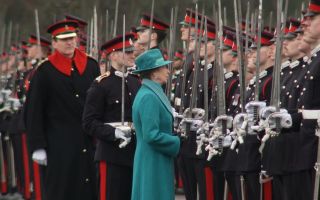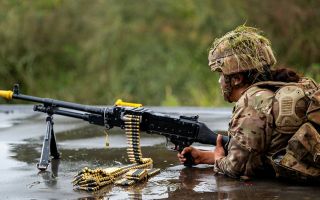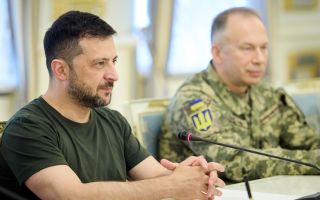Meeting Bernard Cornwell – the master storyteller who shares his brain with Sharpe
Bernard Cornwell is one of the greatest and most popular historical military fiction writers the world has ever known.
The master storyteller of conflict and war has captured the imaginations of millions of readers, especially those who serve in the Armed Forces.
So when we met to record our Sitrep podcast at a studio in Soho, what I really wanted to ask him was, given their love for his writing, what was his message to those who keep us all safe?
"They fight for those who can't fight for themselves. I have an immense admiration for the Armed Forces and I guess I hope to show that appreciation in these books," he replied.
Bernard spoke of meeting a retired warrant officer of the Scots Guards he'd met who was looking after youngsters with drug problems.
He asked him why he was doing that and the response was that when he was in the Army he'd fought battles for those who couldn’t fight for themselves, and he was continuing to do that in his new job.
For Bernard that's one definition of soldiering. Another he shares is based on an example of a story that appears in his book The Fort, about the American Revolution and a British general who once served in the armed forces in Portugal, where there was a huge parade in Lisbon.
"The whole Portuguese army marched through a square and left behind heaps of horse dung. Then it's our job to go out and sweep it up," he said, quoting the general.
"That's a soldier's job. The politicians drop the dung and we go and sweep it up!"
Bernard added: "And I mean that's precisely what they did in the Falklands, the politicians messed it up and in the end it was necessary for the soldiers to go in and solve it."
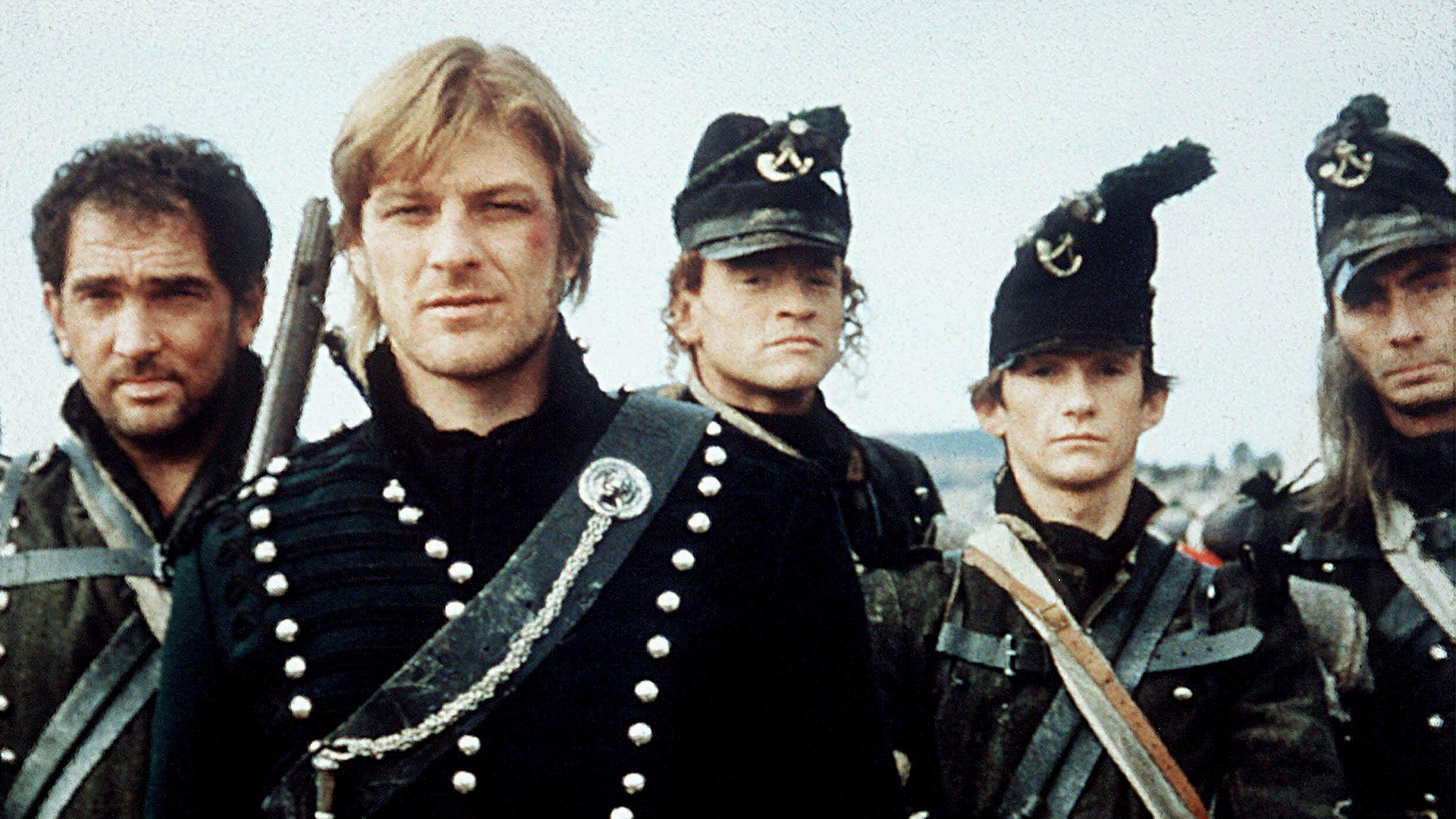
Sharpe's sword
He reveals to us that he owns a heavy cavalry sword that hangs above his fireplace.
This is a permanent reminder of the weapon used by his favourite character, the bolshy rifleman Richard Sharpe, who fights throughout the Napoleonic wars, famously played by Sean Bean when Bernard's books were made for TV.
His new book, the 25th in the series, is called Sharpe's Storm. It's set in France in 1813 at the end of the Peninsular War.
During our time with him, Bernard gives us an insight into his relationship with Sharpe.
"I like Sharpe, I share my brain with Sharpe or share my head with him," he explained. "When I'm out walking the dog, I suddenly hear the voice saying 'you silly bastard why didn't you do this?'"
Bernard tried and failed three times to join the Army because of his eyesight, so what would his dream have been if he had got in? Would he have been an infantryman?
"Oh yes, yes! I was told I'd be a valuable member of the Pay Corps and I thought 'this is not the career I'd envisaged!'"
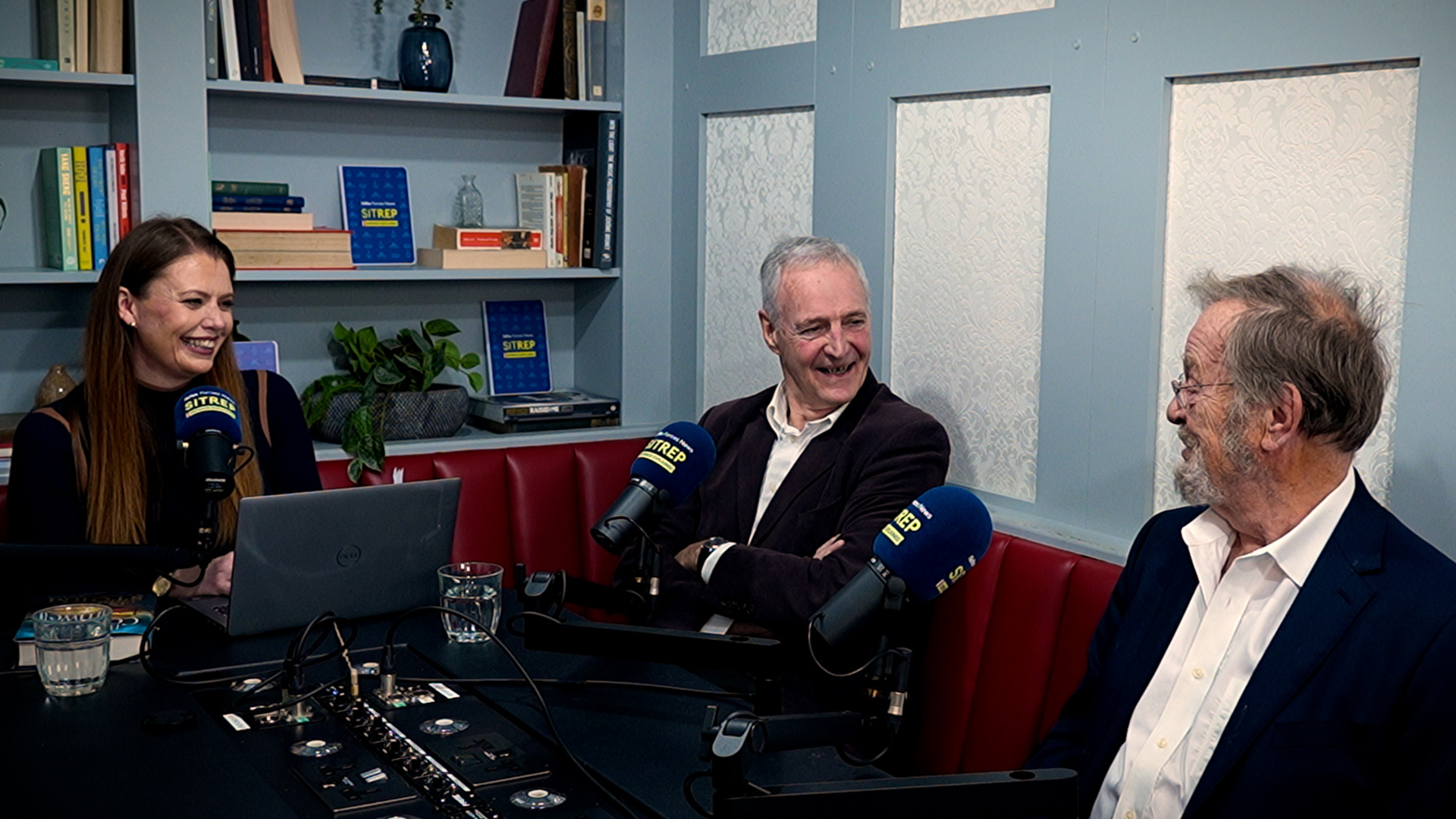
A storyteller, not a historian
Bernard Cornwell was a delight to interview. His vast intellect isn't imposing; it's warm and welcoming.
You are drawn to his spirit of humility, and I found myself keen to absorb as much as I could from a man who is clearly a walking encyclopaedia of military history, although I grinned when he said how much he enjoyed "playing merry hell with history".
He told us: "I'm not a historian, I'm a storyteller, so although I want the background to be authentic, for me the most important thing is the story.
"If that means I'm going to play merry hell with history, I'll play merry hell with history! Although I will always confess my sins in historical notes, saying this did not happen, I made it happen."
I sensed no ego in that studio, just an insatiable desire to keep talking about his beloved characters. If there hadn't been another booking following our own, I felt like he would have loved to have chatted to us for much longer.
A colleague told me of how he had signed a copy of one of his books a while back, and when he knew it was for her son about to go through Sandhurst, he signed it with a rare signature involving an arrow – and the message was written with much care and attention.
As a journalist, I really wanted to ask him about his days working as head of current affairs at the BBC in Northern Ireland, when a certain 21-year-old Jeremy Paxman called him boss. But, alas, his lips on those days were firmly sealed.
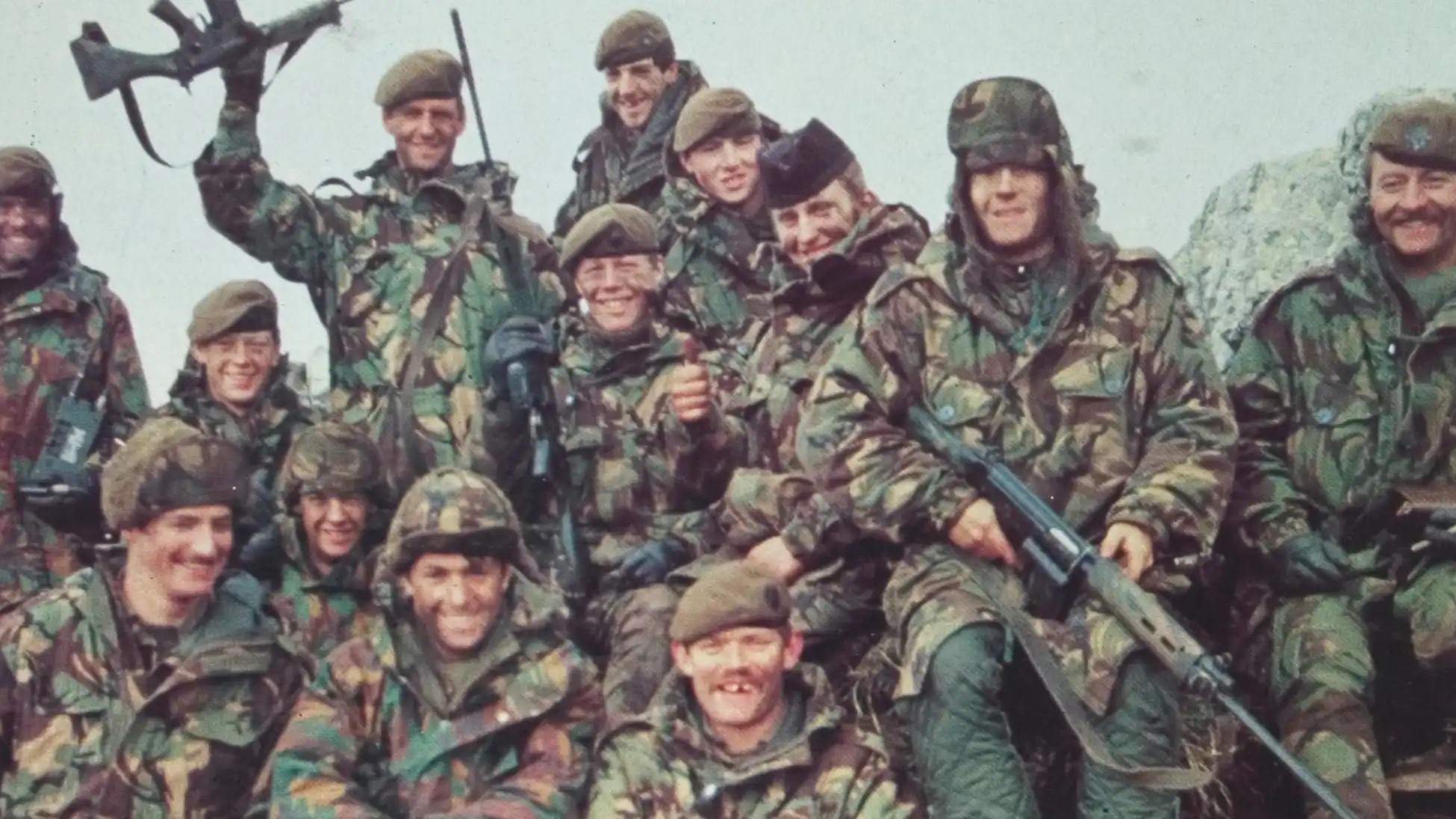
No to modern conflict
We had asked for questions for Bernard from across the military community – and there was an eagerness to know if he was tempted to write about modern-day conflicts.
"No, because there's too much source material and I'm not going to get it right," was his response. "Next year I'm going to visit the Falkland Islands. I'll be fascinated to see where our troops did so magnificently.
"But I don't think I'll be tempted to fictionalise it, because I'm not sure I could fictionalise it, because the guys who were there would say 'oh, you know **** all about it' – and they're right."
Yes to more Sharpe – and Uhtred
Sitrep's Professor Mike Clarke joined us for the recording. He has read all of Bernard's books and was keen to know if Sharpe would return, given that this book is thought to be Sharpe's last outing.
"At the moment, I'd say yes, it's likely," he said. "If I'm honest, three to four years from now I'll suddenly hear that voice in my head saying 'let me out' and I'd do another one."
There was exciting news for all of Bernard's fans who love his Last Kingdom series, following Uhtred of Bebbanburg, born a Saxon and raised as a Dane.
"Uhtred is still with me and I'm actually writing one now with him," he said.
Signing off
He very kindly signed copies of his new book for myself and Mike, and lingered in the studio.
He told us as we walked out that he'd love to come back and do this all over again.
We will definitely be taking him up on that.

